News stories about scientific failures that do not recognize the self-correcting nature of science can damage public perceptions of trust and confidence in scientific work, a study finds.


News stories about scientific failures that do not recognize the self-correcting nature of science can damage public perceptions of trust and confidence in scientific work, a study finds.
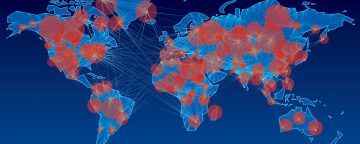
In the New England Journal of Medicine, science communication researchers from APPC and Critica propose to treat the Covid-19 “infodemic” with the methods used to halt epidemics.
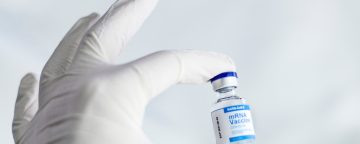
A new Annenberg Science Knowledge (ASK) survey shows that three in four people say Covid-19 vaccines are effective, and safer than getting Covid-19. Another 15% are not sure, and may be persuadable.
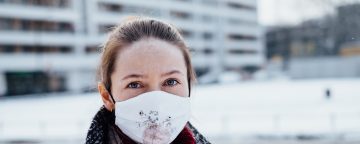
COVID-19 conspiracy beliefs increased in the early months of the pandemic among heavy users of conservative and social media, APPC research shows.
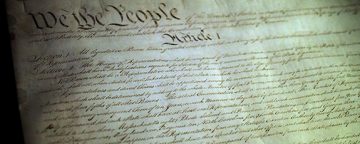
Street Law, Inc. has received the 2021 Leonore Annenberg Institute for Civics Award to develop a curriculum for middle and high school students on the rule of law in the United States.

The Annenberg Public Policy Center’s FactCheck.org has been nominated for a 2021 Webby Award in the category Websites and Mobile Sites: News & Politics.

TV gun violence in popular prime-time broadcast dramas has increased steadily over almost two decades, paralleling trends in U.S. homicide deaths attributable to firearms, APPC research found.
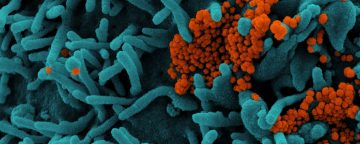
In the April issue of Scientific American, scholar Kathleen Hall Jamieson explains how everyone can debunk misinformation about COVID, vaccines and masks.

FactCheck.org and Univision Noticias have received funding from the Google News Initiative to produce fact checks about COVID-19 immunization misinformation as short bilingual video explainers.
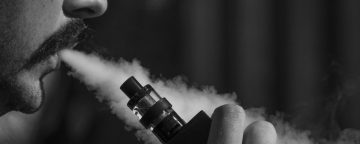
In the American Journal of Public Health, APPC Research Director Dan Romer compares public health strategies for reducing tobacco use in the U.S. with those in Brazil.